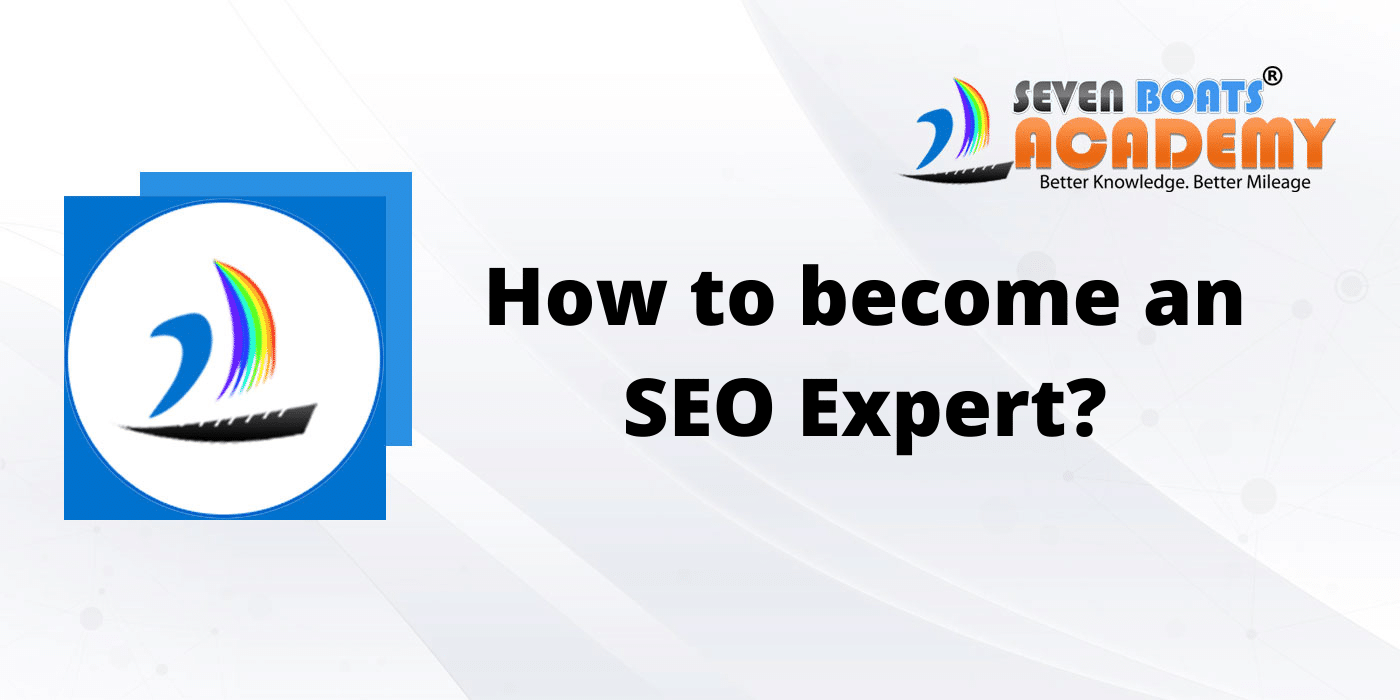
How to become an SEO expert? SEO is one of the most important aspects of online marketing. In order to survive in the digital age, your business needs to be visible on search engines, not just that, you need to rank high in search engine results pages(SERPs). If you’re looking to become an SEO expert, then this is the guide for you!
In this post, we will discuss everything from the basics of SEO to more advanced techniques. We’ll also provide tips and resources that will help you stay up-to-date with the latest changes in the SEO landscape. So what are you waiting for? Start learning today and become an SEO expert.
Quick Summary
•SEO is one of the most important aspects of online marketing, and businesses need to be visible on search engines to rank high in SERPs.
• SEO basics include understanding how Google ranks websites, which includes on-page optimization like title tags and meta descriptions as well as off-page optimization like link building.
• User experience factors are also important for ranking higher in SERPs.
• To improve SEO, use keyword-rich titles and meta descriptions, optimize website content for keywords, build links to your site, improve page speed, make sure your website is mobile friendly.
Things you must know to become an SEO expert.
SEO Basics:
If you’re just getting started with SEO, then you need to learn the basics. SEO is short form for search engine optimization. It’s the process of optimizing your website for Google’s search algorithm. The goal of SEO is to rank higher in SERPs (Search Engine Result Pages), which will result in more traffic to your website.
There are a few key factors that Google looks at when it comes to ranking websites. These include things like on-page optimization, off-page optimization, and user experience. We’ll go over all of these topics in detail later on in this post.
On-Page Optimization:
On-page optimization is the process of optimizing individual web pages for Google’s search algorithm. This includes things like optimizing your title tags, meta descriptions, and header tags. It also includes optimizing your website’s content for keywords.
Related reading: How to optimize content for SEO
Off-Page Optimization:
Off-page optimization is the process of building links to your website from other websites. This is also known as link building. Link building is important because it helps improve your website’s SEO. Google looks at the number of links pointing to a website when it decides where to rank that website in SERPs.
User Experience:
User experience is another important factor that Google takes into consideration when ranking websites. Things like page speed and mobile-friendliness are two examples of user experience factors. If you want to rank higher in SERPs, then you need to make sure that your website is providing a good user experience.
Related reading: How to engage users on your website
SEO Tutorial for beginners
SEO Tips:
Now that you know the basics of SEO, we’ll give you some tips to help you improve your SEO. These tips will help you with both on-page and off-page optimization.
Here are some SEO tips to get you started:
– Use keyword-rich titles and meta descriptions: This will help Google understand what your website is about and index it accordingly.
– Optimize your website’s content for keywords: Make sure that your website’s content contains the keywords that you’re targeting. You can use a tool like Google AdWords Keyword Planner to find relevant keywords.
– Build links to your website: Link building is one of the most important aspects of SEO. The more links you have pointing to your website, the higher your website will rank in SERPs.
– Improve your website’s page speed: A fast website is a good user experience, which is important for SEO. You can use tools like Google PageSpeed Insights to test your website’s speed and find ways to improve your website’s page speed.
– Make sure your website is mobile-friendly: With more and more people using smartphones to access the internet, it’s important to make sure that your website is mobile-friendly. You can use Google’s Mobile Friendly Test tool to test if your website is mobile-friendly.
These are just a few SEO tips to get you started. For more tips and resources, be sure to check out our SEO blog.
Advanced SEO Techniques:
In addition to the basics of SEO, there are also a few advanced techniques that you can use to improve your website’s SEO. These techniques include things like schema markup and creating an XML sitemap.
Schema Markup:
Schema markup is a code that you can add to your website to help Google understand your website’s content better. This can help improve your website’s SERP listings and click-through rates.
XML Sitemap:
An XML sitemap is a file that contains a list of all the pages on your website. This file helps Google index your website’s pages so that they can be included in SERPs.
Related reading: Free SEO Course & Advanced SEO Course
These are just a few of the advanced SEO techniques that you can use to improve your website’s SEO. For more tips and resources, be sure to check out our SEO blog.
SEO is an important part of any online marketing strategy. If you want to learn more about SEO and how to optimize your website for Google’s search algorithm, be sure to check out our digital marketing guide. This guide covers everything from the basics of SEO to advanced techniques that you can use to improve your website’s SEO.
If you want to stay up-to-date with the latest SEO news and tips, be sure to subscribe to our SEO blog. We post new SEO content regularly, so you can stay up-to-date with the latest changes in the SEO landscape. Thanks for reading! We hope this article helped you learn how to become an SEO expert.



0 responses on "How to Become an SEO Expert - The Ultimate Guide"